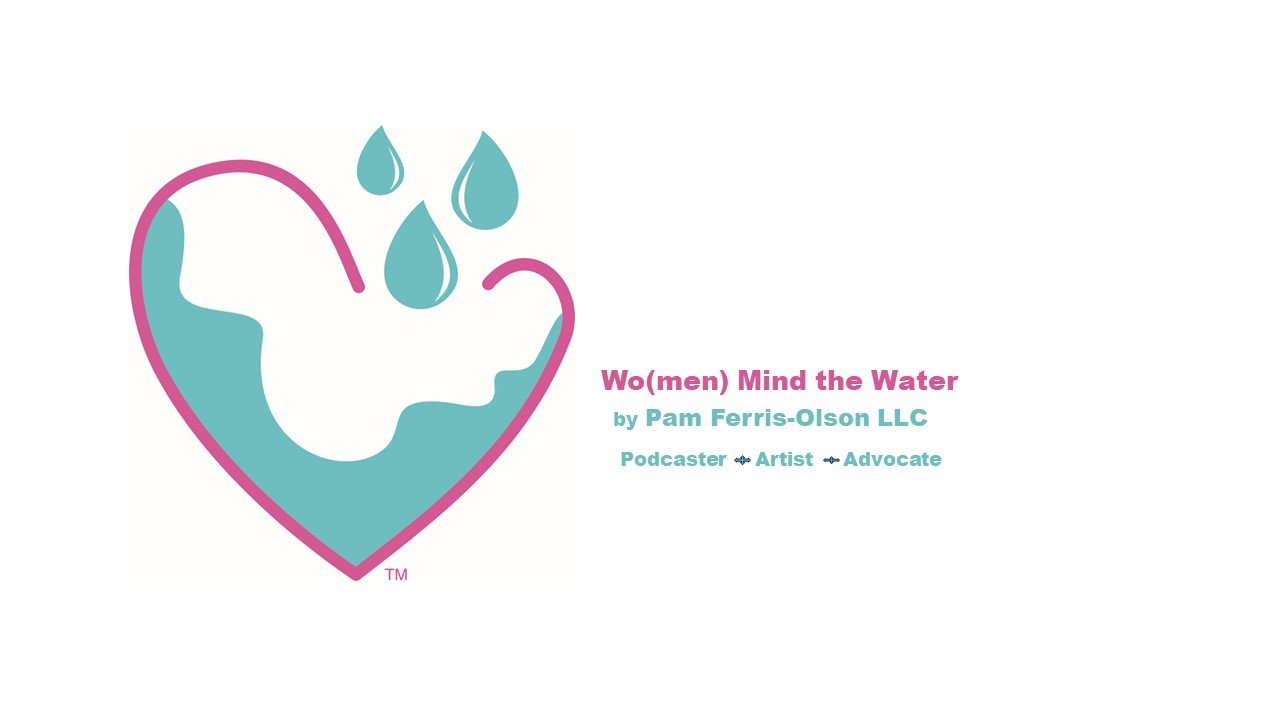Dead to Rights
© 2019 Pam Ferris-Olson
Dead to Rights focuses on the plight of the most endangered of marine mammals - the Right Whale. Collisions with boats are cited as one of the more serious causes for the right whales’ decline. However, the deadliest factor, one that impacts all life in the ocean from the tiniest zooplankton to the right whale, is plastic. The danger from plastic is most obvious when a whale is found entangled in fishing lines, 85 percent of which are associated with lobster fishing. Plastic ranging from microscopic-sized microplastics to the more easily observed plastic bag, six-pack rings and bottles also have been found in whales' stomachs, lending a new and insidious meaning to the term “junk food.” A chart of the factors responsible for the right whales’ perilous status stands in the background like cans stocked in a grocery store aisle.
Critically endangered is what the International Union for the Conservation of Nature (IUCN) determined was the whale’s status in July 2020. The IUCN is the global authority on the status of the natural world and measures needed to safeguard i. The North Atlantic right whale is on the organization’s Red List. This means that the Northern right whale is a step away from being considered extinct.
In August 2020, U.S. District Court Judge James Boasberg ruled that the US government has not done enough to protect the whales. The judge gave regulators a deadline for announcing when new rules would be issued. In related news, as of Aug. 31, 2020 the US lobster industry losed permission by the Marine Sustainability Council to use its logo. The logo is a way for consumers to know that a fishery’s practices don’t have an adverse impact on the species they fish.

